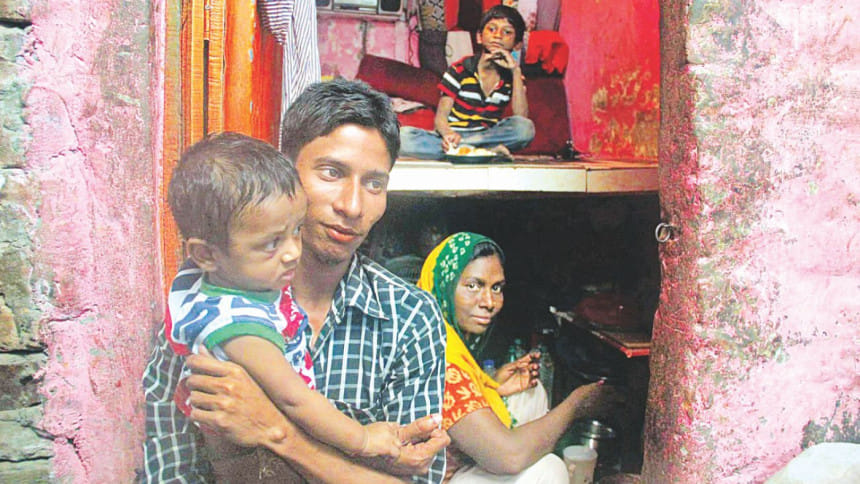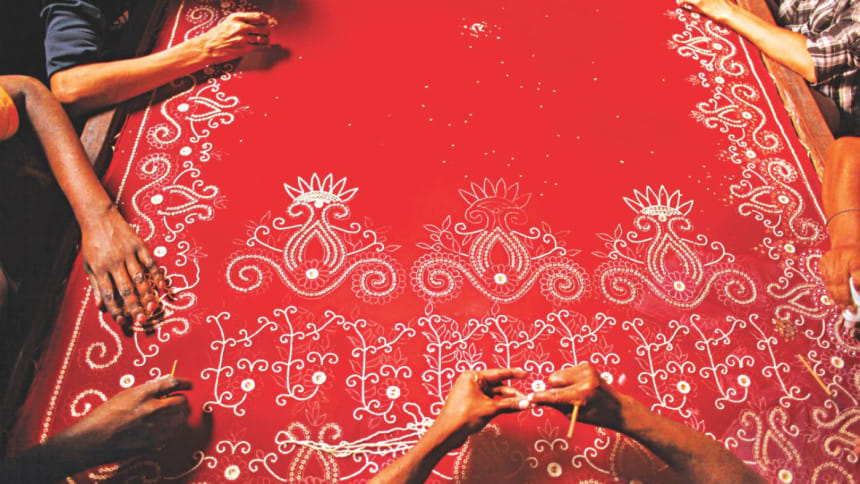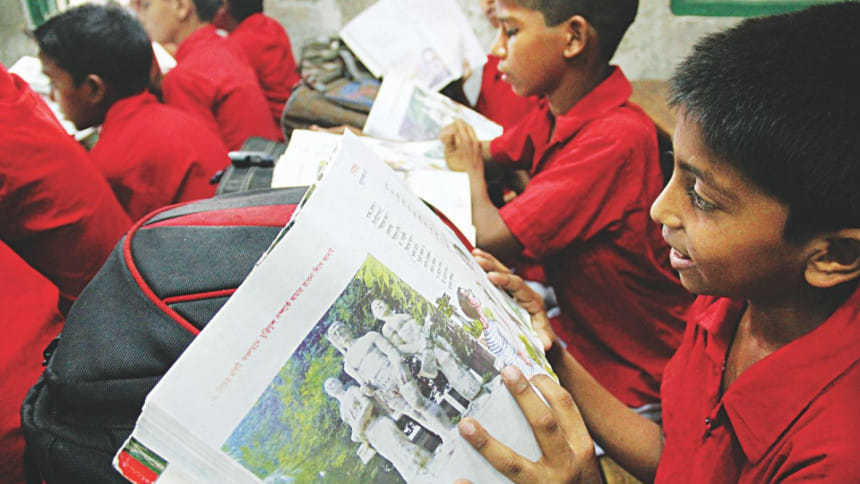Where is home?

Bangladesh as a nation just observed the forty-fifth anniversary of its glorious independence. While it is time for celebration for most of its citizens, a minority group still faces daunting challenges to secure its fundamental rights. This is the Urdu-speaking Bihari people of Bangladesh who simply struggle for survival under unlivable conditions in about seventy camps in many parts of Bangladesh. The size of this group is estimated to be three to four lakhs. The Supreme Court of Bangladesh, in 2008, confirmed that Biharis are citizens of Bangladesh in the landmark decision of Md. Sadaqat Khan and others v Chief Election Commissioner (60 DLR).The High Court Division reaffirmed that all the members of the Urdu-speaking community who were born after 1972 were nationals of Bangladesh in accordance with its laws and directed the Election Commission to enroll the petitioners and other Urdu-speaking people who wanted to be enrolled in the electoral rosters and to issue them National Identity Cards without delay.
I visited the UNHCR Geneva Camp in Mohammadpur, Dhaka, in early January this year. Through discussions with many residents I found out that they have been issued National ID (NID) cards to vote. However, they feel they are being 'used' only as a vote bank as they have not been issued passports. This is a direct violation of the rule of law. Bangladesh Constitution guarantees the 'freedom of movement' (article 36) of all citizens. Without a passport, they cannot exercise the fundamental right of movement enshrined in the Constitution. They could be migrant labourers like other Bangladeshis and send back remittances that would help their families and ultimately, the economy.

About four years ago, representatives of the Bihari community went to the LGRD Ministry for resolution of a number of issues including the question of why they cannot obtain passports. They were told that a bill has to be passed by the Parliament in this regard. Many NID holders also went to the Passport Office but were told the same thing. In order to get a passport, one needs a permanent address – and a camp address is not a permanent address, they are often told.
The suffering they have to go through on a day-to-day basis is unthinkable. As I entered the Geneva Camp in Mohammadpur, I saw the precariously standing buildings and the cramped and desperate condition of the elders, the young, and the children. An entire family lives in a room, eight feet by eight feet. There is no privacy. It is very difficult to study in an environment like this.
When I visited a family, this is what I saw: Adjacent to an empty room was a tiny bedroom with one bed against the wall, one almirah for food, little open space, and barely any furniture yet so many members of their family live in the household. I learned how the children, even those born after 1972, are sometimes discriminated against by mainstream Bangladeshis for being Biharis and Urdu-speaking. An elderly gentleman belonging to the family said in a dejected voice, "Nafrat ki darakht me nafrat hi barhegi." (The tree of hatred sown will continue to bear hatred). We are financially crippled. Only one NGO helps us."
Despite these difficult conditions, I found the residents to be respectful and dignified and looking for an opportunity to integrate, such as the Headmaster of the school, Shoukat Ali, who has been serving as a teacher from the mid-seventies. He mentioned that the government's hike of admission fee of three to four thousand Taka per pupil at the primary level, works against the residents who have practically no income and cannot afford to send their kids to school. Shoukat Ali lamented, "Our children want to learn and excel; they have the God-given capability, but they continue to be marginalised as non-Bengalis, Biharis, or Pakistani collaborators."
Another resident mentioned they are stigmatised as low-caste. I said to myself, when Islam has no institutionalised caste system, why would they be categorised as low-caste? Despite being proud of their Urdu mother tongue; the residents speak Bangla fluently and want their children to learn Bangla like any other Bangladeshi children. I could see in their eyes and feel in their voice their eagerness to assimilate into the mainstream society.
The ancestors of the Biharis who originally came from Hindustan are well- recognised for their skills as builders and artisans. Abdul Jabbar Khan, a community leader said. "Using our Bihar fund, we were able to settle in Dhaka area. We developed Mohammadpur, Mirpur, Gulistan and other places. We built Bait-ul-Mukarram soon after Partition. We have always been hard-working, but now we are nothing!"
According to another resident of the camp, their plight is purely a political issue. Their families have become divided. He expressed with great sadness, 'My mother is ailing and dying in Pakistan but I am unable to visit her because I am denied a passport." "After forty-five years we should be given our rights," Khan, the community leader lamented. Yet he remains positive. "We are still hopeful though. In 2009 and 2015, we appealed to the Prime Minister Sheikh Hasina who has given us assurance that we will be rehabilitated." Most of those whom I met including members of the General Repatriation Committee are emboldened by this ray of hope of being finally accepted in Bangladesh and earn their rightful place.
The best way for Bangladeshis to help integrate this minority group into the broader society is to provide them with education and to make sure they are not deprived of opportunities as citizens under the Constitution. The first gentleman I had met in the camp had requested me passionately, his voice coming from the depths of his desolate heart: "Aap apka awaz buland kijiye: insaan kobhi jine ka haqq hai." (Please raise your voice louder and say, man has a right to live.) Financial hardships are just overwhelming. There is only one small high school in the Geneva camp that serves the children and very few have been able to make it to the university level for higher studies.

The people in the camps have always faced systemic discrimination in the form of eviction, water and electricity stoppage, and threats of withdrawal of safety and security support. We must stand up for them, embrace them and help them to integrate into our society. It is our patriotic duty to fight for justice and the rule of law for all. One would like to think that they have earned the right to get Bangladeshi passports after forty-five years of the country's independence. If the Parliament needs to pass a resolution (the law already exists) to support such a move as a just and moral gesture, then let it come without delay.
In the forty sixth year of our freedom from Pakistan, I am reminded of what Nelson Mandela observed long ago: " "For to be free is not merely to cast off one's chains, but to live in a way that respects and enhances the freedom of others."
The writer is a free-lance writer with an MPhil in Modern South Asian Studies from the University of Cambridge and is currently living in USA.

 For all latest news, follow The Daily Star's Google News channel.
For all latest news, follow The Daily Star's Google News channel. 



Comments